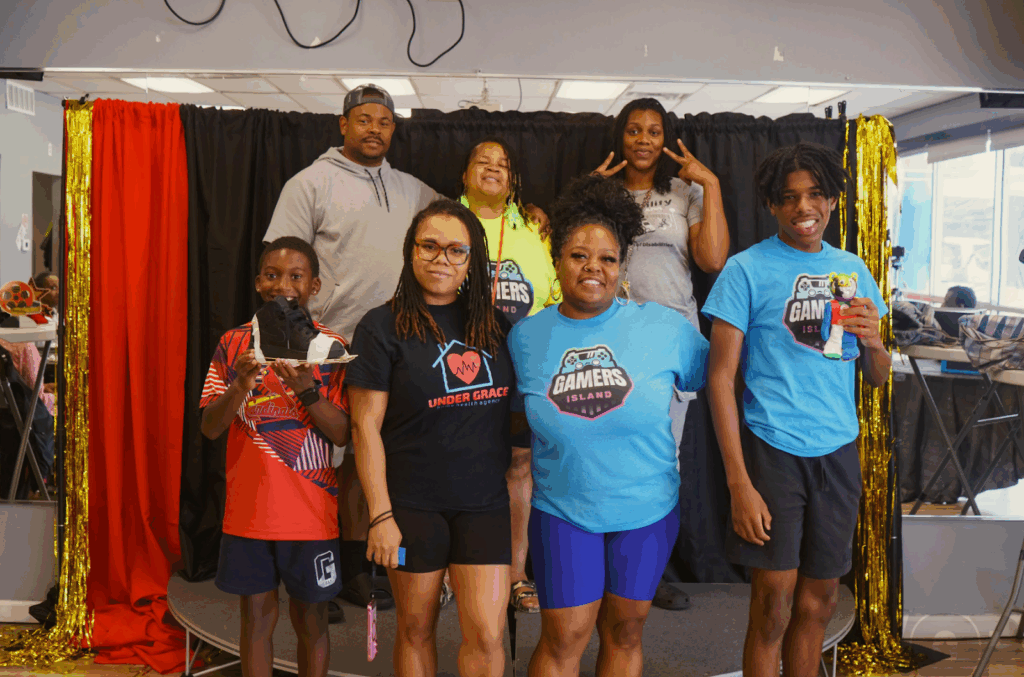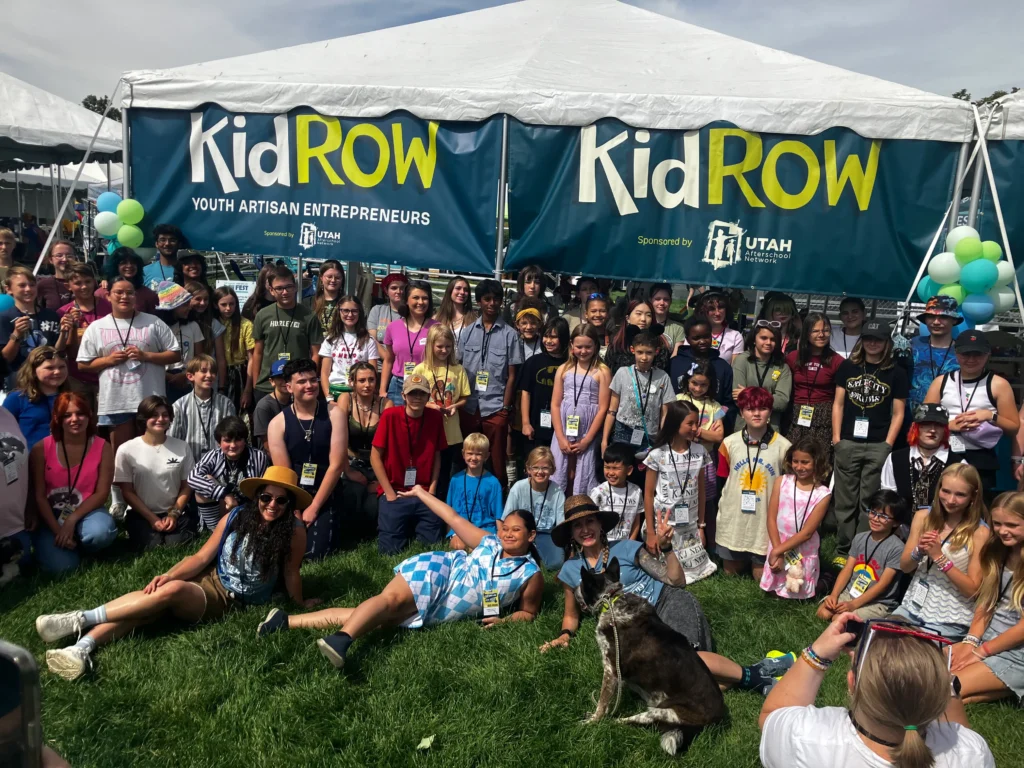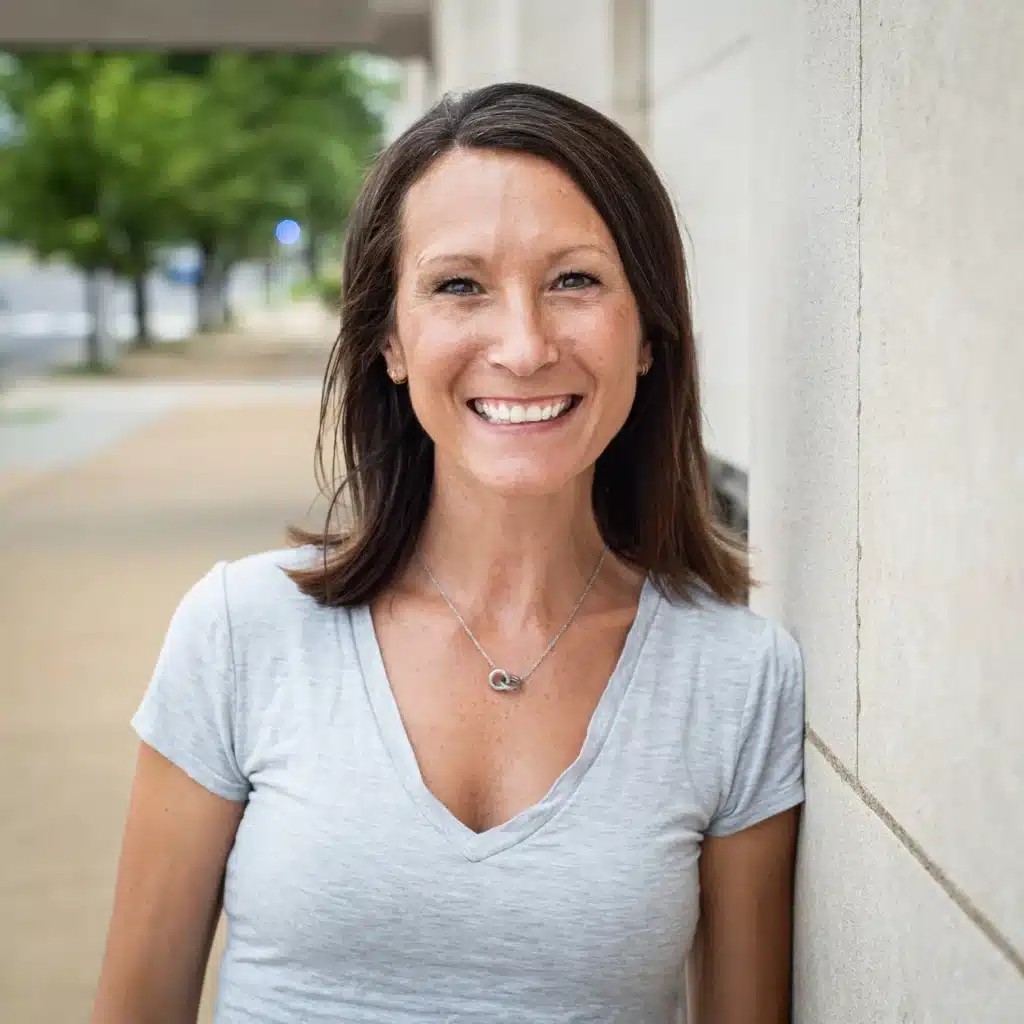
Fostering Frontiers of Knowledge in Youth with a Curiosity and Growth Mindset
Dr. Cristal Glangchai |
January 5, 2020

What if you don’t have the answers to a child’s questions? What if you can’t answer a question about the aerodynamics of feathers? What if you can’t even begin to guess? That’s okay. In fact, it may be even better for a child’s development!
For example, when he was 62, the acclaimed theoretical physicist Richard Feynman described a childhood experience that shaped his entire life.
He was once a boy pulling a red wagon with a blue ball in it as he walked along a road with his father. Richard asked his father why the ball rolled to the back when the wagon moved forward. His father explained inertia: the blue ball hadn’t moved, that it seemed to because of Newton’s First Law of Motion. An object at rest will tend to remain at rest unless acted upon by an outside force.
But notably, Feynman’s father also impressed on young Richard that no one really knew why.
This message, that the world is full of wondrous mysteries to be solved, stayed with Feynman for life, and he played that memory reel hundreds of times over the years. In his career as a theoretical physicist, Feynman pioneered subatomic particles, quantum computing, and nanotechnology, becoming the greatest scientist since Einstein.
 What I love about this memory from Feynman is that it shows that the frontier of knowledge is within a child’s grasp. By telling his son “no one knows,” Feynman’s father confessed his own vulnerability. He didn’t have a complete answer.
What I love about this memory from Feynman is that it shows that the frontier of knowledge is within a child’s grasp. By telling his son “no one knows,” Feynman’s father confessed his own vulnerability. He didn’t have a complete answer.
But rather than quickly dispensing with his son’s question, he connected it to laws of physics, offering young Feynman an intriguing new model to be evaluated and tested. Feynman’s father conveyed to him that the world has many unknowns, questions with incomplete models.
Instead of quenching his son’s curiosity, he sparked it. The question that his father couldn’t answer made Feynman all the more curious.
“Nobody ever figures out what life is all about, and it doesn’t matter. Explore the world. Nearly everything is really interesting if you go into it deeply enough.”
Richard Feynman
Tweet this quote
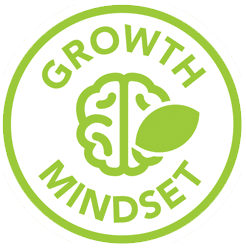 Feynman is said to have had an IQ of 125. He was in the gifted realm but not exceptional. What made him a genius was the way he thought, visualized and experienced the physicality of phenomena that interested him, all clues to his growth mindset.
Feynman is said to have had an IQ of 125. He was in the gifted realm but not exceptional. What made him a genius was the way he thought, visualized and experienced the physicality of phenomena that interested him, all clues to his growth mindset.
Feynman was also a splendid writer and teacher whose work continues to inspire many women in the sciences. Perhaps we identify with him because he was different from other male scientists, an unapologetic outlier who cheerfully ignored social conventions, even at times rolling around on the floor of his office to think through problems.
In story after story, I have heard women in the fields of entrepreneurship and STEAM (ESTEAM!) describe how they became engaged as adaptive learners in being encouraged to ponder about the world around them.
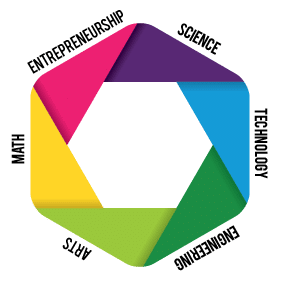
Some were influenced by family. One female CEO, reflecting back on her childhood, said, “Growing up, I saw people inventing around me. My dad was an electrical engineer. My cousins tried fiberglass on vehicles. Friends of my family would invent games. It got me thinking about inventing things too.”
This is the essence of entrepreneurial education: stimulating learning, finding questions to be explored, and problems to be creatively solved.
What if you don’t have the answers? It’s fine. There are no bubbles to fill in with number-two pencils and no essays to be structured just so and graded on their faithfulness to a rigid template.
Want youth entrepreneurship content right to your inbox? Sign up for our monthly resource email:
